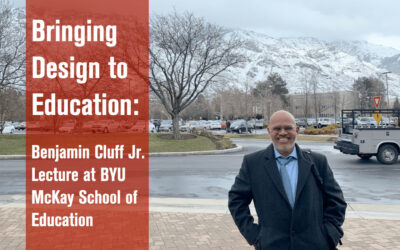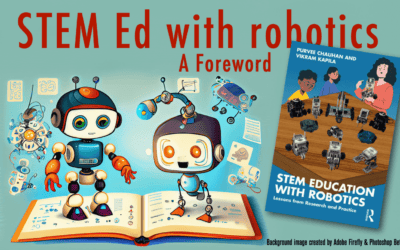We have, over the past months, explored a range of issues related to generative AI, education, and creativity in our column series, for TechTrends, with the goal of fostering dialogue among stakeholders—students, parents, educators, and policymakers—to ensure these tools truly benefit learners. We have explored theses issues by speaking with experts like Chris Dede from Harvard, Ethan Mollick from Wharton, and Kyle Jensen from Arizona State University.
This time, we’re taking a different approach. As technologists, researchers, and educators interested in the intersection of technology, creativity, and learning, we would like to learn more about how schools and school leaders are thinking about and adapting to the advent of AI. We recently conducted a series of focus groups with 18 superintendents, principals, and senior administrators responsible for the governance of nearly 70 schools across five states. In our latest article, we present the insights from these discussions—a revealing picture of the mix of confusion, hope, and hesitancy that AI is stirring in actual educational settings. It’s also important to mention that this article is a collaborative effort between the faculty at Mary Lou Fulton Teachers College and our partner, The Center for the Reinvention of Public Education (CRPE). Jim Dunnigan and Erin Richards (from CRPE) also got a piece about this research into The74, in an article titled: “Just slow it all down:” School leaders want guidance on AI, new research finds.
In brief, school leaders described needing more clarity and direction before they can harness the promise or problems of AI. They want to avoid rash policies, yet also see potential benefits, if we take time to understand that this technology can do (and can undo). This glimpse into the practitioners’ perspective reveals the human side of adapting to abruptly arrived technologies that could transform education as we know it. You can access the entire article below (Citation and link to pdf):
Dunnigan, J., Henriksen, D., Mishra, P., & Lake, R. (2023). “Can we just Please Slow it all Down?” School Leaders Take on ChatGPT. TechTrends. https://doi.org/10.1007/s11528-023-00914-1





0 Comments